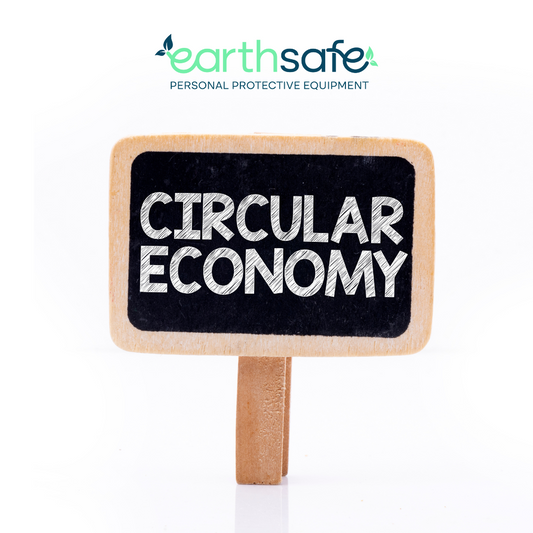In the hospitality industry, maintaining high hygiene and safety standards is essential—not only for the health of your guests but also for the smooth running of your business. From handling food to managing daily operations, businesses need to ensure that their practices and materials meet stringent safety requirements. One such important standard is EN 1186 compliance, particularly when it comes to personal protective equipment (PPE) used in food-handling environments.
What Is EN 1186?
EN 1186 is a European standard that defines the testing methods for materials and articles that come into contact with food. This standard ensures that any materials—such as PPE, packaging, or equipment—do not release harmful substances into the food they come into contact with. EN 1186 compliance applies to gloves, containers, or any material that directly or indirectly touches food, ensuring it is safe for human consumption.
Key Aspects of EN 1186:
- It focuses on migration testing, which checks if any chemicals from the material (like PPE gloves) migrate into the food.
- Tests are performed under real-life conditions (temperature, duration of contact) to ensure accuracy.
- EN 1186 also takes into account the type of food (e.g., dry, fatty, or acidic) as certain materials may react differently depending on food composition.
How Does EN 1186 Work?
EN 1186 compliance requires that materials are tested for overall migration (how much material could potentially transfer to food) and specific migration (whether particular harmful substances like plasticizers, heavy metals, or chemicals leach into food).
The process includes:
- Simulating Food Contact: Test materials are placed in contact with simulants that mimic different types of food (like oil or acidic liquids) under various temperature and time conditions.
- Measuring Migration: The tests measure whether any substances migrate from the material into the food simulant, and if so, how much. This is compared against established safety limits.
- Ensuring Compliance: Materials passing EN 1186 are deemed safe for contact with food, ensuring no harmful chemical migration occurs during use.

Why Is EN 1186 Important in the Hospitality Sector?
For hospitality businesses—especially those handling food—ensuring that PPE and other materials meet EN 1186 standards is critical for several reasons:
-
Guest Safety: EN 1186 ensures that your PPE, gloves, or packaging materials are safe to use around food. Compliance minimises the risk of food contamination, ensuring the health and safety of your guests.
-
Regulatory Compliance: By using EN 1186-compliant products, your business stays in line with EU food safety regulations. Non-compliance can result in penalties, fines, and damage to your reputation.
-
Reputation and Trust: Guests and customers trust businesses that prioritise safety. Demonstrating that you use EN 1186-compliant PPE strengthens your brand’s reputation, showing a commitment to the highest safety standards.
-
Environmental and Operational Efficiency: Many EN 1186-compliant products, such as Earth Safe PPE’s biodegradable gloves, not only meet food safety requirements but also offer environmental benefits. This ensures your business stays compliant while supporting sustainability efforts.
Conclusion
Understanding and adhering to EN 1186 compliance is essential for any hospitality business that handles food. It ensures the materials your staff use are safe for food contact, prevents contamination, and protects your guests. By using EN 1186-compliant PPE, such as Earth Safe PPE’s biodegradable gloves, your business can meet regulatory standards, boost its sustainability credentials, and most importantly, safeguard the health of your customers.
Want to learn more about how Earth Safe PPE’s EN 1186-compliant gloves can benefit your hospitality business? Get in touch with us today!








